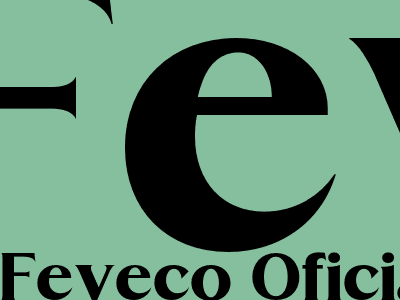How to Write an Effective Blog Post for Google and Blogger.com
Introduction
In today's digital landscape, blogging has become an essential marketing strategy for businesses and individuals alike. Creating high-quality blog posts that rank well in search engine results pages (SERPs) is crucial for driving organic traffic, establishing thought leadership, and building trust with your audience.
Crafting High-Quality Content
Focus on Value and Depth
The foundation of any successful blog post lies in providing value to your readers. Conduct thorough research and delve into the topic to ensure your content is comprehensive, informative, and actionable.
Avoid superficial or promotional material that lacks depth. Instead, strive to provide insights, solutions, and perspectives that genuinely engage and educate your audience.
Write in a Clear and Concise Style
Use simple, easy-to-understand language that caters to your target audience. Avoid jargon or technical terms that may alienate readers. Break down complex concepts into manageable chunks and use examples to illustrate your points.
Incorporate Visuals and Multimedia
Visual elements, such as images, videos, infographics, and charts, can enhance the readability and engagement of your blog posts. Use high-quality visuals that complement your content and break up the text for better scannability.
Optimizing for Search Engines
Use Relevant Keywords
Research and include relevant keywords throughout your content, especially in the title, headings, and meta description. Avoid keyword stuffing, as it can negatively impact your rankings.
Use long-tail keywords, which are more specific and less competitive, to target niche audiences.
Craft a Compelling Title and Meta Description
The title and meta description are crucial for attracting clicks in SERPs. Create a concise and compelling title that accurately reflects the content of your post and includes your primary keyword.
The meta description should provide a brief overview of your post, entice readers to click through, and include a call to action.
Complying with Google and Blogger.com Policies
Avoid Plagiarism and Copyright Violations
Always create original content and give credit to sources when using external material. Plagiarized or copyrighted content can harm your reputation and negatively affect your rankings.
Use plagiarism checkers and cite your sources properly to avoid any copyright violations.
Adhere to Advertising Guidelines
If you include advertisements in your blog posts, ensure they comply with Google's and Blogger.com's advertising policies. Disclose any sponsored content and avoid misleading or deceptive practices.
Conclusion
Writing effective blog posts for Google and Blogger.com requires a combination of high-quality content and search engine optimization techniques. By following the guidelines outlined above, you can create valuable and engaging blog posts that rank well in SERPs, drive traffic, and establish your online presence.

Comments